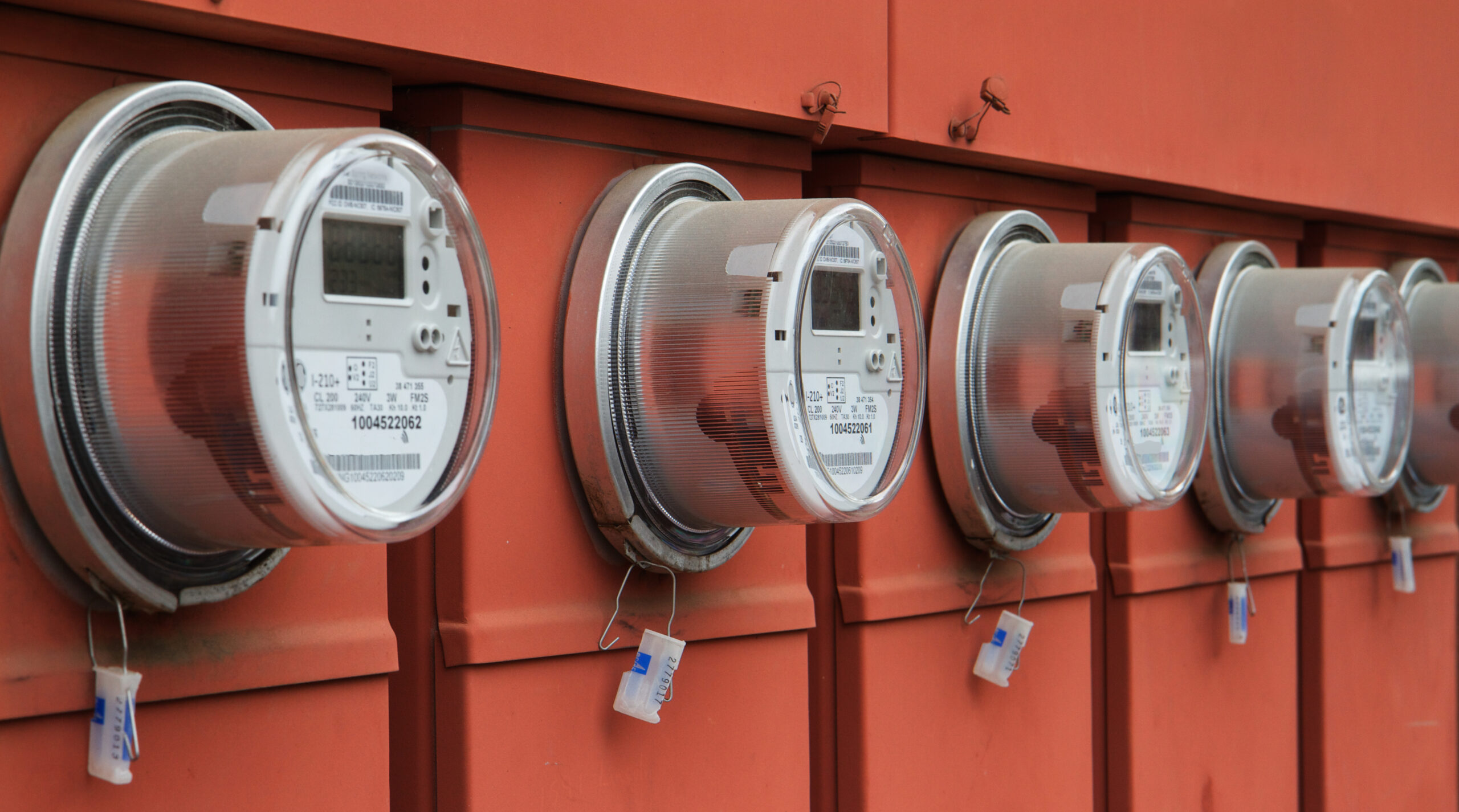Last Updated on October 24, 2023 by Neil Sharma
Student housing is known as a lucrative investment, but when a deficient heating system cut into veteran investor Lee Strauss’s North Bay property, where students’ rents fetched $500 a room, he was at wit’s end.
“A student rental is going to be a bit higher on utilities because of usage, but there was no gas to the house; it was all hydro and it was costing me about $1,000 a month during the colder months,” said the owner of Strauss Investments. “The price of the home was $200,000 so cash flow worked out well during the warmer months, but winter was the killer.”
Strauss ultimately sold the property and broke even, but not before looking into remedies. Ultimately, installing a gas furnace would have cost up to $12,000 over a decade, so Strauss cut his losses.
Situations like Strauss’s are all too common, says Vahid Azari, a registered home inspector, certified energy advisor and owner of All Season Inspection. Worse still, poor insulation and excess energy use actually devalue a home by up to a tenth of its value.
“It also decreases the value of the house by the extra money you pay for energy consumption,” said Azari. “If the heating system is poor in an old house is poor, it means you have 60% efficiency, whereas a new, upgraded house will have a heating system with 98% efficiency, so the gas payments will be higher.
“Plus, if there are bad windows and low insulation in the attic and in the wall, it will bring down your efficiency even more and decrease the home’s value.”
According to Azari, a downtown Toronto house, while coveted, will lose eight to 10% of its value.
“Downtown Toronto has old houses and they don’t have good insulation, so they’re losing 80-90% on insulation in the walls and attic,” he said. “Downtown Toronto has high prices because of the location, but we’re seeing their values are eight to 10% lower.”
Having investment properties regularly inspected could go a long way towards remedying long-term depreciation. Strauss recommends long-term holds being fitted with modern furnaces.
“For smaller homes, we use furnaces and you want one that’s efficient and that runs on natural gas,” said Strauss. “You could have them serviced to improve their efficiency, but, ultimately, you definitely want a modern furnace to ensure that it’s operating efficient, which is going to decrease your heating costs.”
Neil Sharma is the Editor-In-Chief of Canadian Real Estate Wealth and Real Estate Professional. As a journalist, he has covered Canada’s housing market for the Toronto Star, Toronto Sun, National Post, and other publications, specializing in everything from market trends to mortgage and investment advice. He can be reached at neil@crewmedia.ca.









